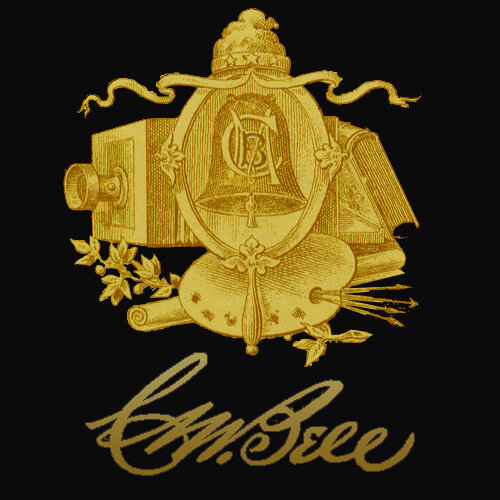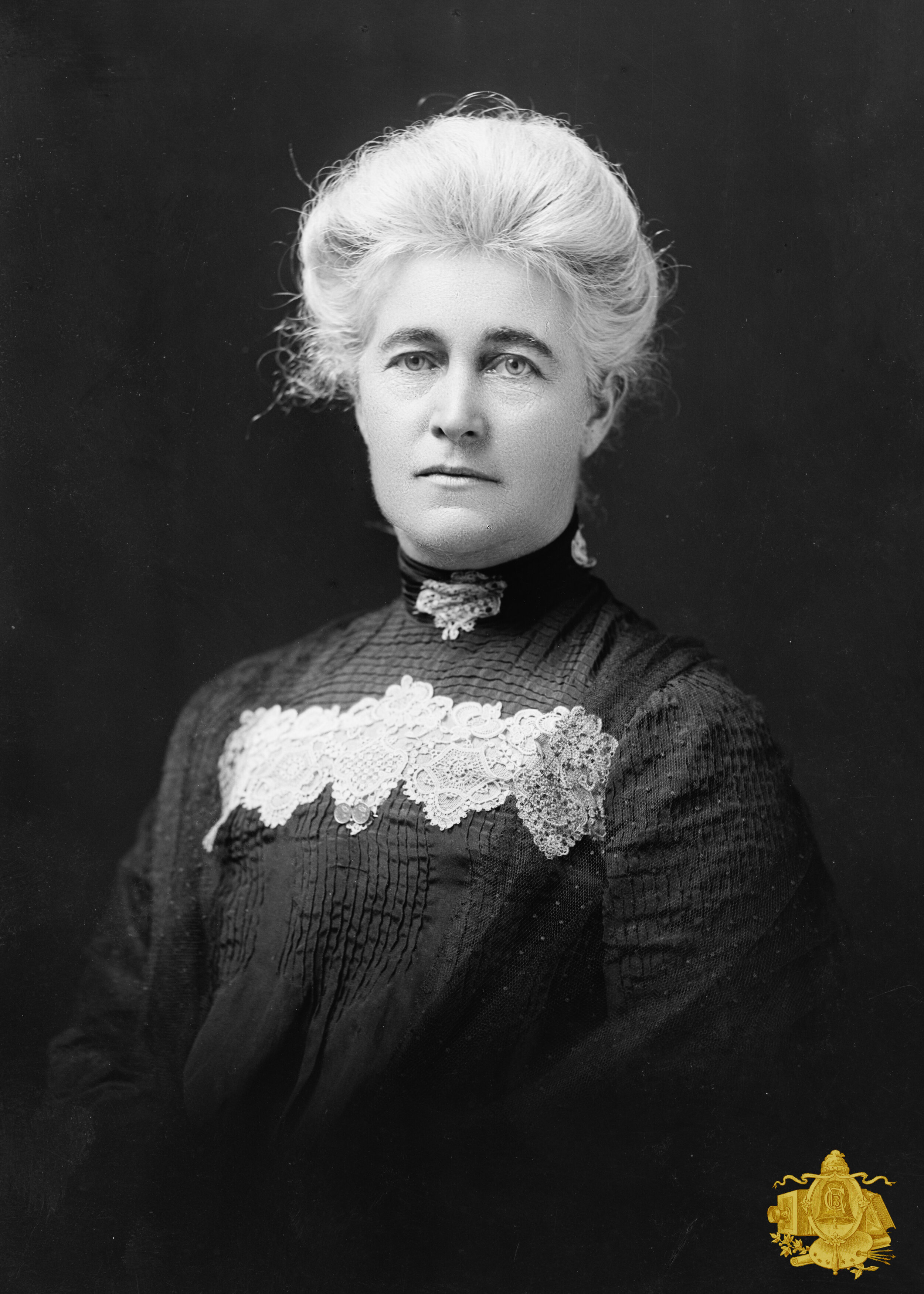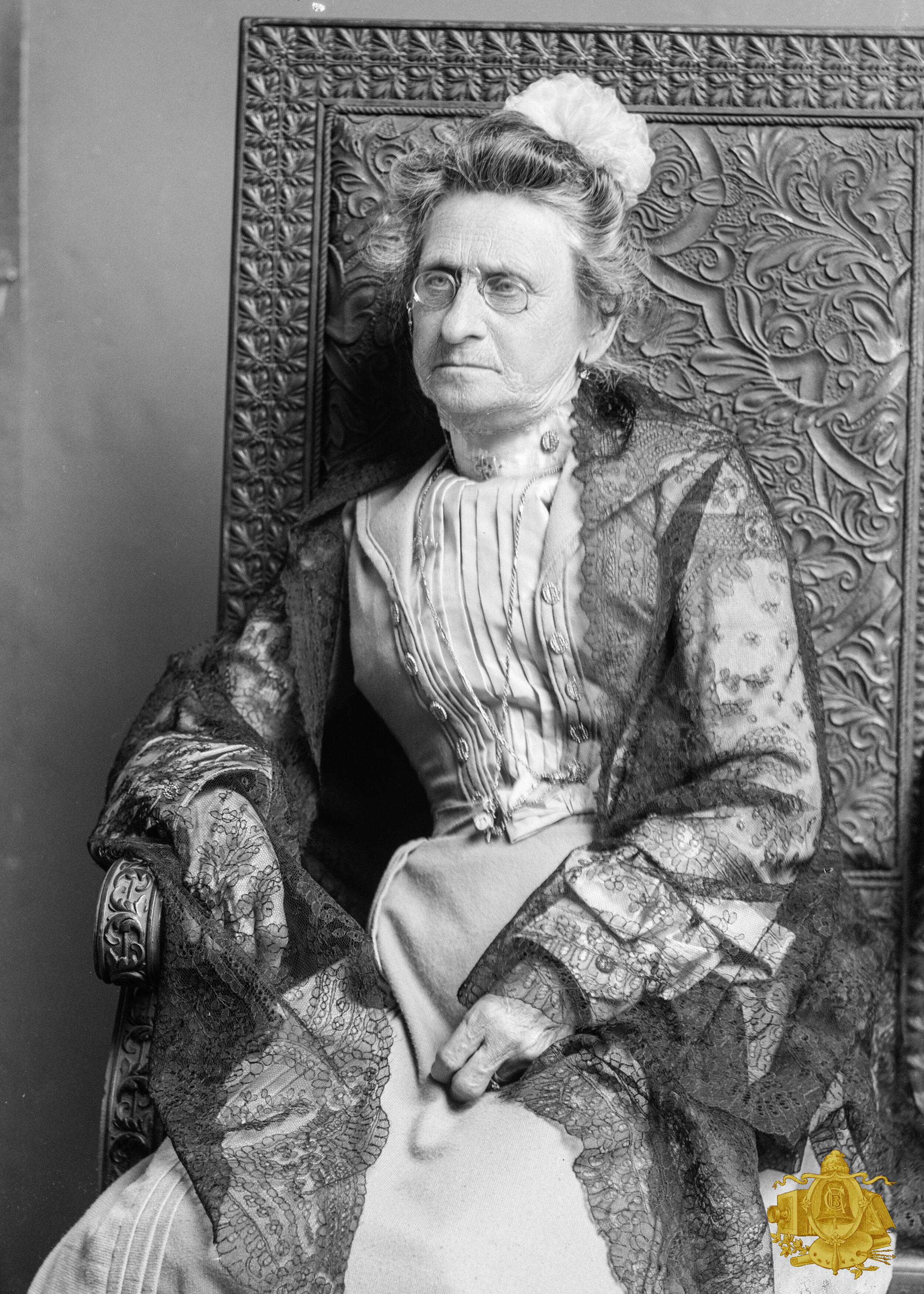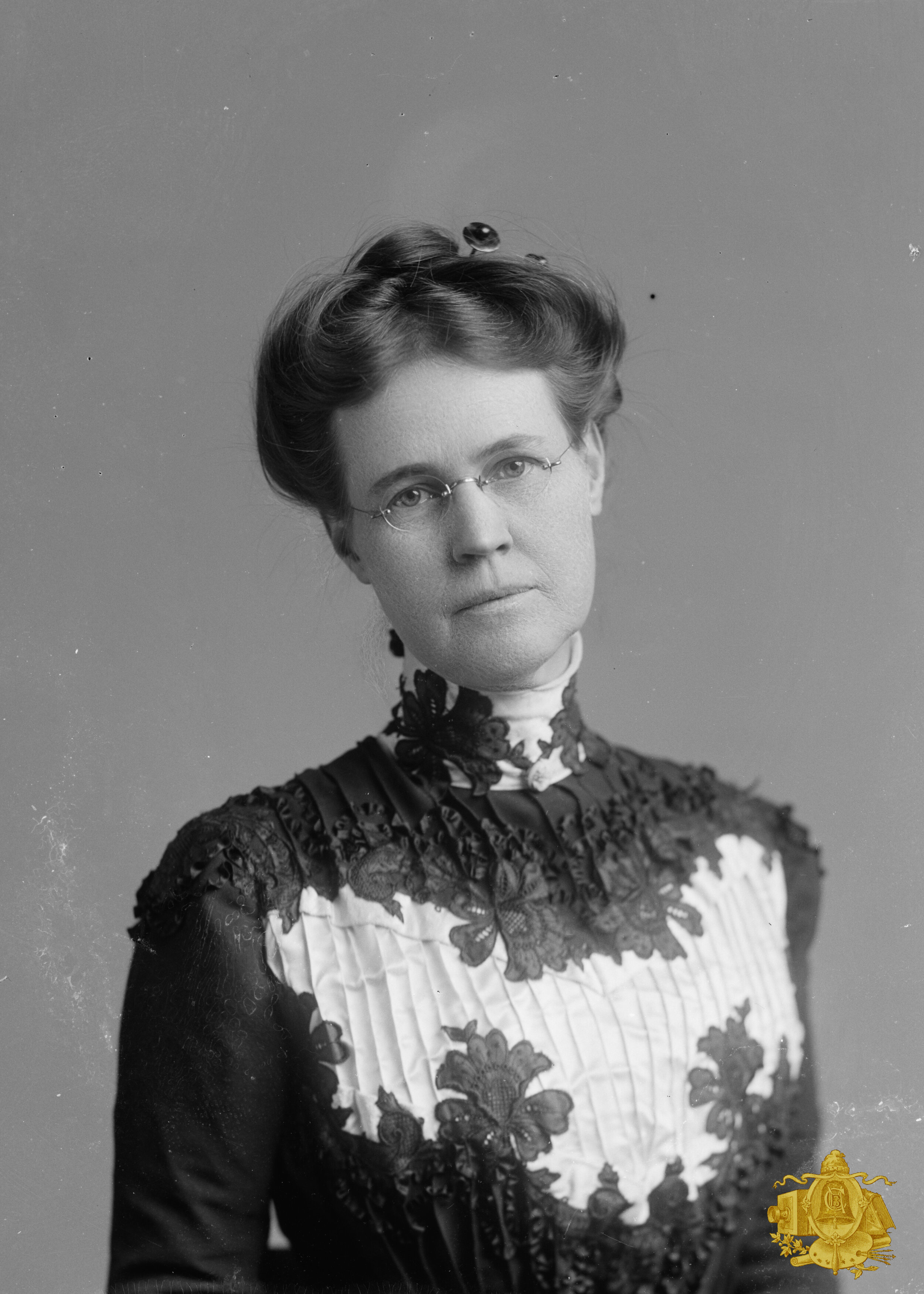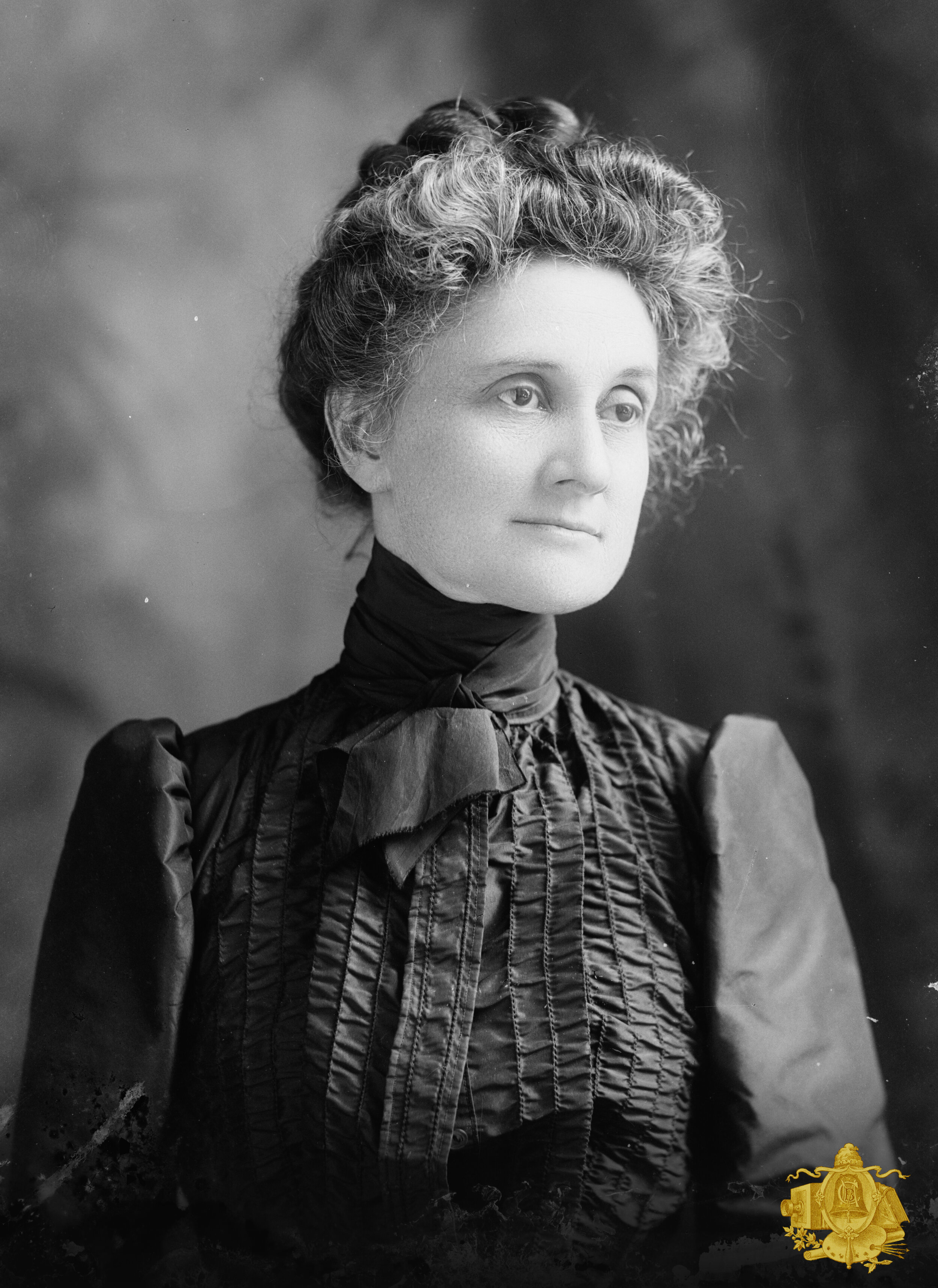
Mrs. Brigham
Mrs. M.G. Butler
Mrs. M. Collins
Mrs. N.J. Cunningham (widow)
Mrs. D.G. Fleming
Mis A.H. Fuller
Mrs. F.L. Holland
Miss. H.E. Hooker
Mrs. J.A. Hudson
Mrs. Alice Humphreys
Mrs. Jenkins
Mrs. W.L. Judd
Mrs. G.H. La Fetra
Mrs. Olive Logan
Mrs. M.G. McGuigan
Mrs. James McNabb
Mrs. S. Moore
Mrs. Baddely
Mrs. W.H. Weed
Mrs. William Plunkett Colley
Mrs. Pearce
Miss Peter
Mrs. J.F. Raub
Mrs. C.E. Ross
Mrs. Mary Jackson Ruffner
Mrs. D. Shutt
Mrs. W. Thayer
Mrs. A.L.B. Zenega & friend
Mrs. W.F. Vinal
Miss A.H. Fuller
Mrs. William Crowninshield Endicott
Mrs. Field (Wife of Associate Justice Field)
Mrs. Field is of Holland extraction. She was Miss Sue Virginia Swearingen, a descendant of that famous and an ancient family of The Hague, where the European descendants still live. Gewitt Swearingen was a member of the Dutch India Company and settled on the Delaware river when still in possession of the Dutch, before 1657. Members of the Hague family were also famous in the wars of Holland and the Spanish succession. The American branch first settled in New York. Mrs. Field's father having visited Holland returned to the United States and married a Virginia lady, daughter of an Englishman who had settled at Richmond. Mrs. Field was born in Louisville. Her father dying when she was young, her mother, who was a woman of great spirit, removed with her family to California, taking the long journey by the Isthmus. Mrs. Field remembers the journey well, and particularly Captain David D. Porter, now Admiral of the navy, who was in command of the steamer. When Miss Swearingen became Mrs. Field her husband, who was one of the pioneers of Marysville, Cal., his present home, was Associate Justice of the Supreme Court of the Golden State, jof which he soon after became Chief Justice. In 1863, being a Union Democrat, he was the united choice of the Republicans and Democrats of the California delegation in Congress for Associate Justice of the Supreme Court of the United States for the Pacific circuit and was appointed by President Lincoln. Since her first appearance in Washington, Mrs. Field has been one of the recognized social leaders. It was she and Mrs. Miller who established Mondays as Supreme Court days. Since the Associate. Justice established himself in his historic residence on Capitol Hill; the entertainments of Mrs. Field have been among the most brilliant at the seat of government, which has given her the name of the hostess of the court. She is most exacting in the performance of her social duties. She shows very marked traces of her distinguished Dutch ancestry and might be said to be a type of the matronly beauties of the lowlands.
The Times
Philadelphia, Pennsylvania
23 Dec 1888, Sun • Page 10

